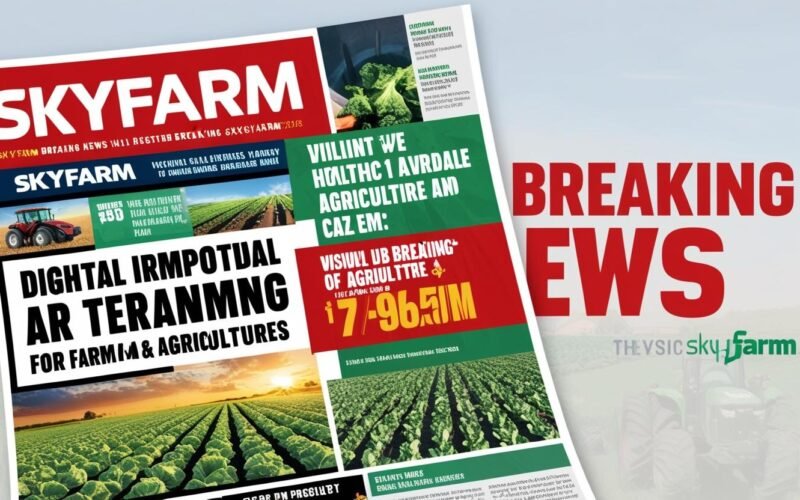The Famous Interview
Interviewer: The extension officer has introduced you as Lucy Amaning, a maize farmer. How long have you lived here?
Lucy: I have lived here my whole life.
Interviewer: How did you get into farming?
Lucy: My parents were farmers. I’ve been going to the farm with them. My late husband was a farmer, so it’s a matter of course, I have to continue farming.
Interviewer: Did you say late husband?
Lucy: Yes. Sadly, he passed on a year after our third child.
Interviewer: Sorry about that, Sister. Take heart, and let’s go on. How old are your children?
Lucy: The first, a boy, is 12 followed by a girl, now eight years old. The last one is a boy of four.
Interviewer: Which school are they attending?
Lucy: They are in the Local Authority School in this town. The big boy is in Junior High School Form 1, and the girl is in Primary 3. The last boy has just entered Kindergarten.
Interviewer: Let’s come to farming business. How can you describe your maize harvests over the years?
Lucy: I can say that I’ve always had good yields when the rainfall is good because I do what extension officers teach me.
Interviewer: Where do you sell your produce?
Lucy: I used to sell my maize at the farm gate. Now, I changed my plans.
Interviewer: Who used to buy your maize?
Lucy: Traders from the regional capital and Accra came to buy the maize.
Interviewer: When did you sell your maize in the past?
Lucy: Er, not long after harvest.
Interviewer: How much money did you receive?
Lucy: I sold it at low price, so I didn’t make much.
Interviewer: Was the money enough to buy farm inputs for the next season?
Lucy: I struggled with my meager income to buy the inputs those days.
Interviewer: Can you tell me how you managed to keep your children in school with income from maize sales?
Lucy: I had to withdraw the big boy and the girl from a private school because I couldn’t continue paying the fees. Now that things are better, I………
Interviewer: (Interrupting) So, there’s a turnaround? Tell me more.
Lucy: I joined a group of farmers, and my situation has changed.
Interviewer: How did you know about this Farmer-Based Organization?
Lucy: It’s the extension officer who introduced me to the group.
Interviewer: What activities do members do?
Lucy: We are involved in maize production and marketing. We also listen to a weekly agricultural program as a group.
Interviewer: What is your role in the organization?
Lucy: I’m the marketing officer. We arranged with drivers of GPRTU who carry our produce to the regional capital, where prices are good, per what we hear on the radio. We also sell in bulk to boarding schools and big restaurants. We no longer sell to middlewomen at the farm gate. (Editor’s note: GPRTU stands for Ghana Private Road Transport Union.).
Interviewer: What did your neighbors say when you started attending the meetings?
Lucy: My neighbors said I was looking for a man to marry.
Interviewer: Do you see changes in your income level? In other words, what can you do with your new income that you couldn’t do in the past?
Lucy: There’s an improvement in income. I’m preparing to build a house and I hope to transfer the children back to the private school where the results are better.
Interviewer: What is the size of your farm now compared with previous years?
Lucy: I’ve expanded my farm because I can afford to pay for tractor services and labor.
Interviewer: What is the outlook of your children now?
Lucy: The children are healthy because of improved nutrition. They look gorgeous in new uniforms and other dresses. They are happy.
Interviewer: What do your neighbors say now?
Lucy: They’ve seen changes in my life and now understand why I’m deeply involved in the group activities.
Interviewer: How do you convince other maize farmers to join your association or form their own?
Lucy: I always encourage others to work in groups to make the best of their farming activities.
Note: The interview was an outstanding piece in an agricultural program production course for radio









